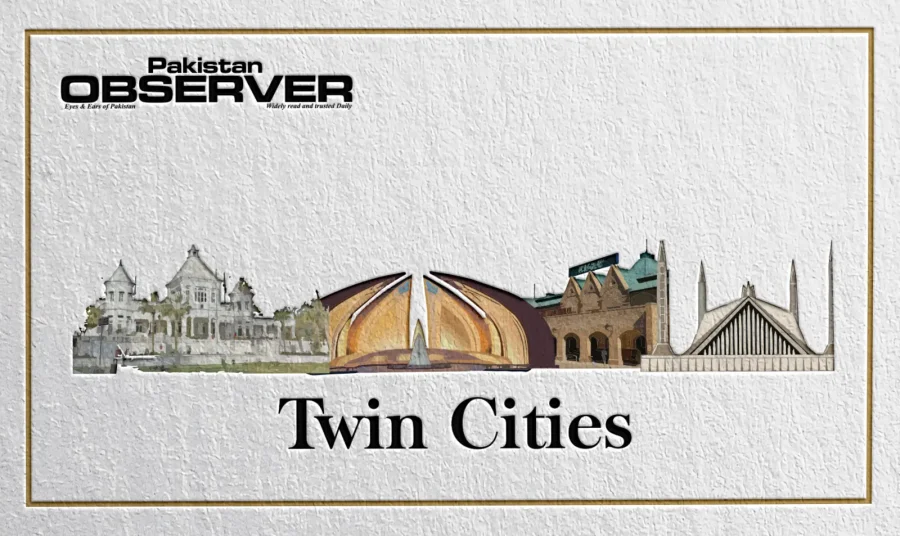Zubair Qureshi
On the eve of the World Day of the Portuguese Language and Lusophone Cultures (May 5) the Embassies of Brazil and Portugal prepared a programme of events and activities.
These celebrations and activities ere planned both in Lahore and Islamabad, in partnership with several Pakistani universities, Aga Khan Culture Service and Alhamra Art Centre.
As special guest, Guiomar de Grammont, renowned Brazilian author, dramaturgist, curator and professor, born and resident in the UNESCO classified World Heritage city of OuroPreto, in the State of Minas Gerais, is due in Pakistan.
It was through the varied seas of this world, starting at the very beginning of 15th century, that the Portuguese Language navigated from its western-European birthplace to varied new locations in all the world’s 5 continents.
In 2009, some 15 years ago, the date of 5th of May was officially established by the CPLP – the Community of Portuguese Speaking Countries – as the World Day of the Portuguese Language. Ten years later, in 2019, the 40th session of UNESCO General Conference decided to proclaim this day as the World Day of the Portuguese Language and Lusophone Cultures. Speakers of Portuguese are called “Lusophones” (lusófonos).
According to a statement issued by the Embassy of Portugal, a neo-Latin language, the Portuguese is one of the most globally diffused languages in modern world. It is native to more than 260 million people in 9 countries covering 4 continents: Portugal in Europe; Brazil in America; East Timor in Asia; Angola, Mozambique, Cape Verde, Guinea-Bissau, S.Tomé and Principe, and Equatorial Guinea, in Africa.
This makes this language the most spoken language in the Southern hemisphere.
Each of the nine countries which form CPLP contributes to the development of the language, each one with its own accent, with its own local expressions, with its own culture. Portuguese language is our common language, our common heritage but there remains an enormous space for the development of each Cultures own particularities, it further stated.
Fernando Pessoa, in Portugal; Guimarães Rosa, in Brazil; Mia Couto, in Mozambique; Pepetela, in Angola; RuyCinnati in East Timor; Germano Almeida, in Cape Verde; Alda do Espirito Santo, in S.Tomé e Principe; AbdulaiSilá, in Guinea-Bissau represent a few authors’ names that illustrate how masterly and innovatively the Portuguese Language can be dealt.
Presently, Portuguese is among the most used languages in international communication, due to its global geographical extension, including, besides the CPLP space, strong historical or diaspora-driven presence in India’s Goa, Damão and Diu, China’s Macau, Spain’s Galiza, in African states as Senegal, Namibia or South Africa, in Latin American countries as Venezuela or Uruguay, in Oceania, as Australia, or in the North America, as the USA and Canada.
The sea takes as the sea brings, and language is a shared construct. Many Portuguese words were incorporated in a significant number of other languages and dialects around the world, including Urdu. Many shared terms as “chave”,
“mesa” and “camisa” demonstrate that relationship. Conversely, many words from those languages and dialects enriched
the Portuguese language, for Urdu, words like “Shal” and “Oxalá”.










